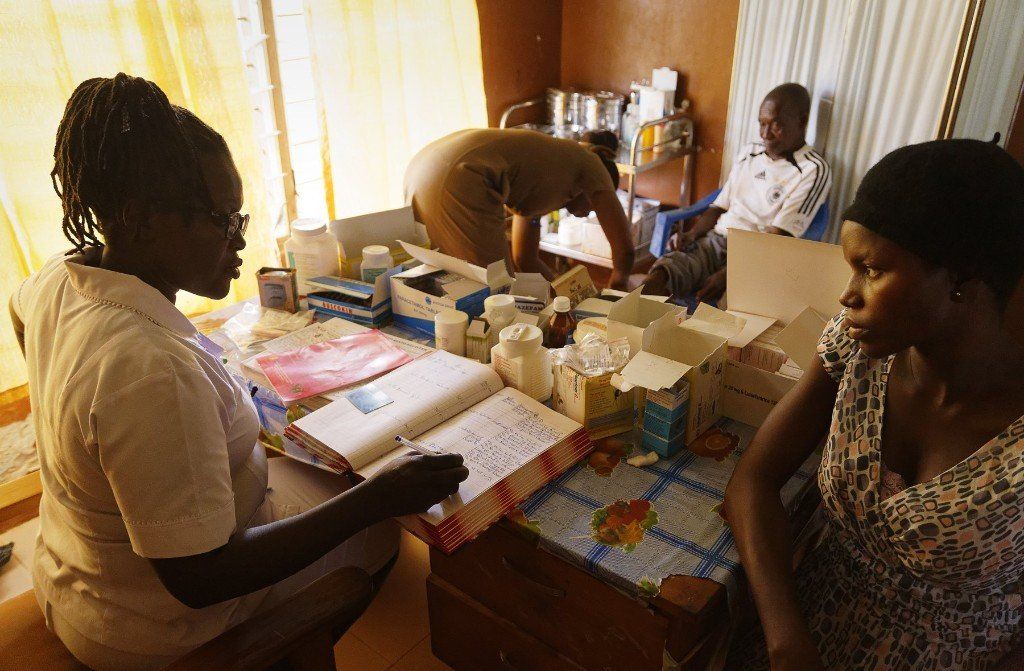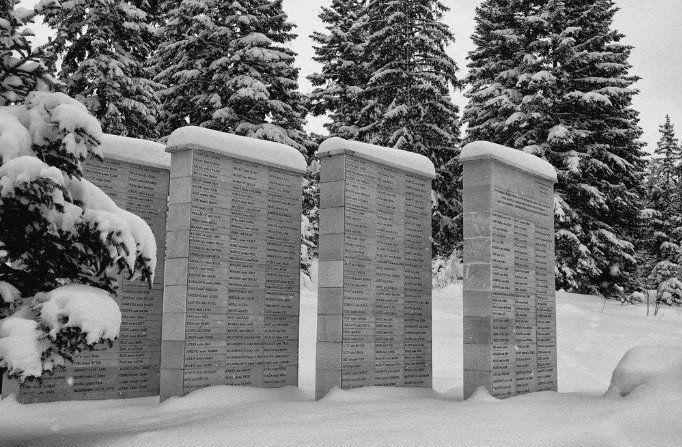Blue Chip Foundation Ethical Global Initiatives
Actions That Engage
Millennium Villages Project
Learn more about Blue Chip Foundation Initiatives
Millennium Villages Project
What We Do
Blue Chip Foundation
and
VII Association seek to amplify the voices of local people and staff of
MVP . We chose four of the fourteen Village sites which span across 8 countries in the poorest regions of Subsaharan Africa. By giving the individuals involved a chance to tell their stories, a greater consciousness of the diverse capacities of the project can be developed. The awareness generated by the project will create a dialogue about environmental, social, health and human rights issues that are of urgent concern. The ambition is to affect civic dialogue and seek further solutions to pressing problems that still remain in the villages as we transition to
SDGs .
The project will enable an effective and broad reaching communication campaign to a world wide audience from policy makers to school children through collaboration with media and cultural organizations and using social media worldwide. The most successful initiatives of MVP have already been scaled up, and it is the hope of the Blue Chip Foundation that our unbiased documentation will inspire other communities and governments to implement some of the practices.
The organizing principle for all narrative outcomes will be a deep and ambitious interactive (or trans-media) documentary that exists across multiple platforms and allows a non-linear reader experience. Interactive documentaries encourage viewers to explore the stories and geography of the project in their own unique way. Users will be able to experience qualitative (documentary) and quantitative (data driven) information at the same time through photography, documentaries, texts, oral histories, historical artifacts, maps and data visualizations. Along with the book, a museum quality photographic exhibition at the United Nations Headquarters will be held in December of 2016.
Ethics In Action
The three core goals of sustainable development —ending poverty, ending exclusion, and protecting creation—demand the activation of universal ethical principles including human dignity, social justice, the common good, and shared well-being. As Laudato Si’ demonstrated, common ethical concerns of the major world religions helped the world to adopt common goals for our “common home,” most notably the Sustainable Development Goals (SDGs). Yet this initial synergy among religious, social, and political leaders needs, for its full realization, a renewed orientation of values and ethics in relation to seven unprecedented challenges:

What We Do
We face, as well, a eighth, age-old challenge: restraining impunity in the public and private sectors. We experience today a global epidemic of corruption, abuse and arrogance of power in all social strata that weaken the sovereign power of the people and participatory democracy. There is also the repeated failure of political leaders to relinquish power on constitutional timetables.
These challenges are pressing for each of the great religions across all geographic regions. The new project on
Ethics in Action
will bring together a select group of religious leaders, academics, business and labor leaders, development practitioners, and activists, to identify values and ethical approaches to the eight challenges just outlined. The group will analyze the relevant and crosscutting social teachings of the various religions in a joint effort to discern the global values and principles capable of solving our contemporary challenges and overcoming the “globalization of indifference.”
The group will work over three years, beginning in late 2016. It will meet at the
Casina Pio IV , headquarters of the Pontifical Academy of Sciences (PAS) and the Pontifical Academy of Social Sciences (PASS), drawing on the academicians of the PAS and PASS together with invited specialists for each of the eight topics. The group will aim to produce a set of significant recommendations for
Ethics in Action : ways to apply ethical principles and values shared across the major religions to support solutions to the major global challenges. The group will not aim for technical or policy solutions to these great challenges. Rather, it will focus on the underlying ethical principles and values absolutely needed to mobilize the human spirit to find liberating solutions to these great challenges in the defense of human dignity and liberty, the promotion of the common good, social justice, and shared wellbeing in true solidarity.
The Challenges
- Global climate change and destruction of the intricate web of life, caused by economic activity
- Poverty and deprivation of “work, shelter, and land,” in the midst of great plenty
- Modern forms of slavery, human trafficking, forced labor, inhumane work conditions, the sale of organs, commercial sex work, and diverse forms of organized crime
- Corporate power and structures of corporate abuse unmoored from public purpose and free from public oversight
- Mass migration caused by regional violence and environmental degradation
- Inter-communal violence exacerbated by failing states and rapidly widening economic inequalities
- The dramatic shortfall of educational opportunities, with half of the world’s children not receiving an adequate education or outside of school entirely due to poverty, conflicts, environmental disasters, forced migration, modern slavery, or other abuses.


